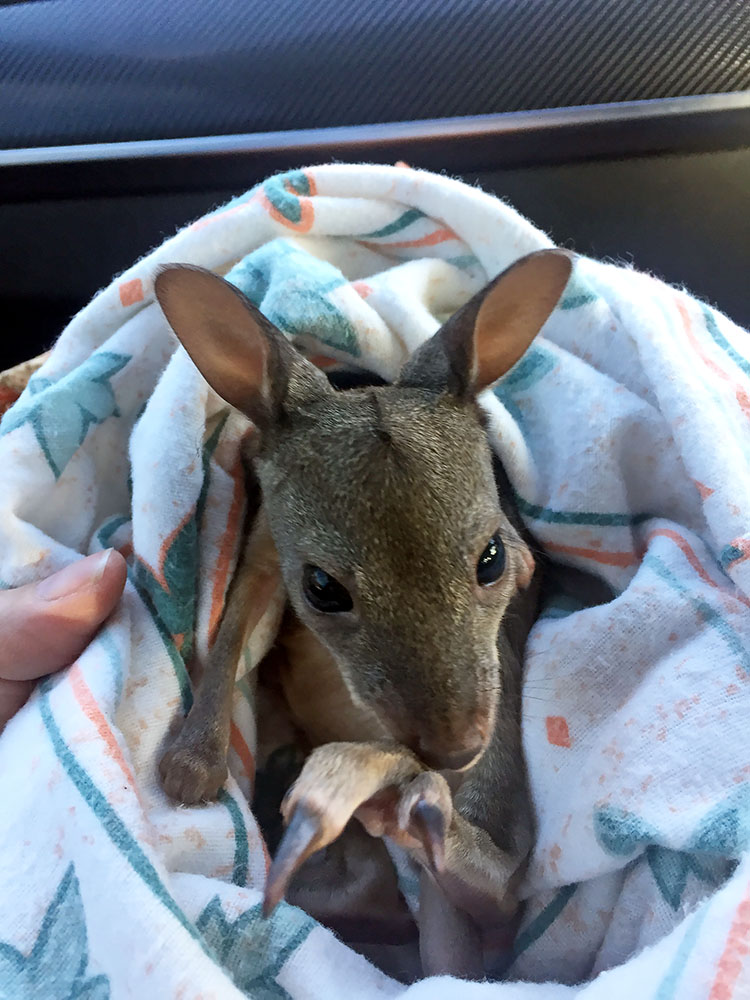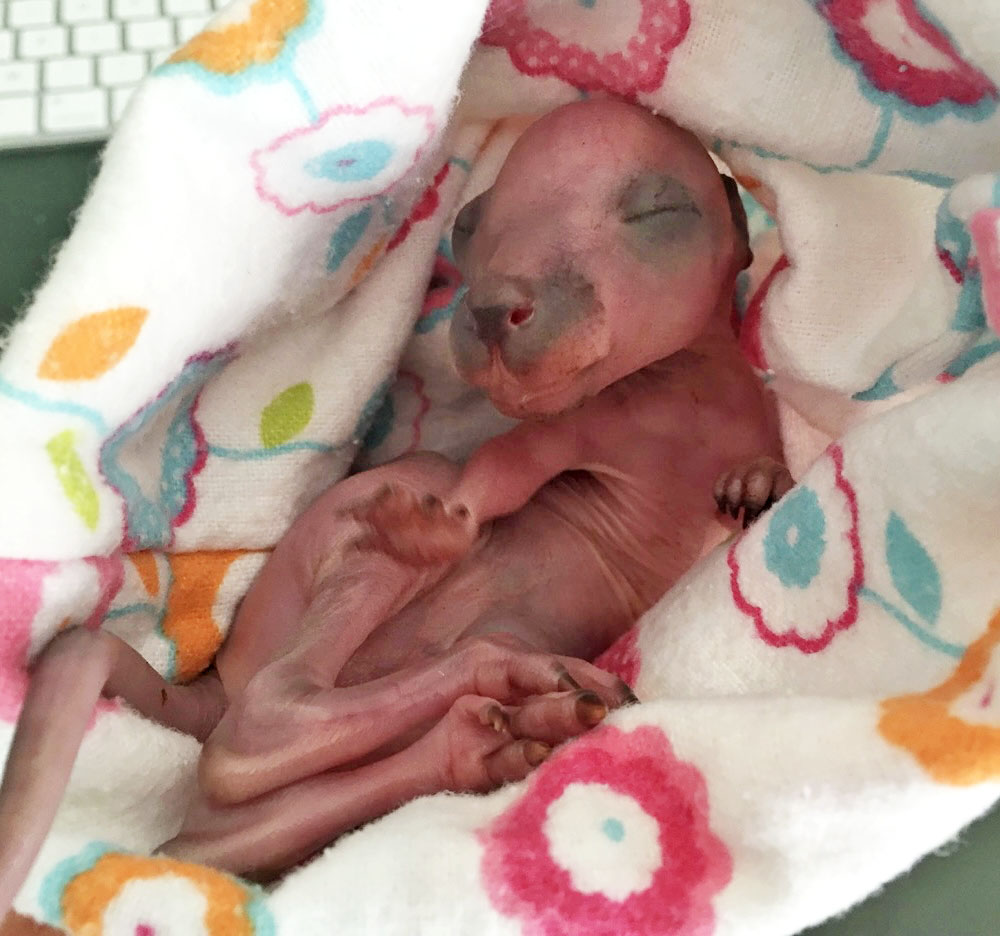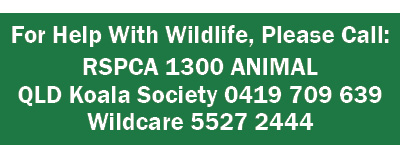Please Look Out For Our Local Kangaroos …

Now that winter is approaching, and we have less daylight hours, more motorists are on the road at dawn and dusk. Right when a lot of our nocturnal animals are out and about.
This is trauma time for our Kangaroos and Wallabies, as they are often hit by cars when they become disoriented by car headlights.

What Do I Do If I Accidently Hit An Animal?
• Always stop to check the animal – don’t assume it is dead as it could be injured or have a baby (joey) in the pouch.
• Park your car in a safe area, well off the road. Always observe your own safety first.
• If the animal is an adult Kangaroo or Wallaby that has been injured, it will need a specialist rescuer who can sedate and give pain relief.
• Call RSPCA 1300 264625 (1300 ANIMAL) or Wildcare 5527 2444 for assistance – both numbers are 24/7 and will liaise to find the nearest rescuer.
• Please stay with the animal, if possible, until help arrives – it is easier for a rescuer to find you in a car than an animal in the dark.
• Cover the animals head and keep noise and touch to a minimum.
• If the animal is deceased, check if male or female. The pouch can be found at the front of the female between the hind legs. If male, you will see the testicles in the same area.
• NEVER remove a joey if still attached to a teat, as pulling it off may result in head and mouth trauma, which could be fatal.
• Call immediately for help or advice if a joey is located so a trained volunteer can assist you.
• If you see an animal marked with fluoro paint – don’t stop as this means it as been checked by a rescuer.
• NEVER attempt to keep and raise a baby. Specialised training and a permit are required to raise or rehabilitate a native animal. Wild animals have very specific dietary requirements and are easily stressed around humans and domestic animals.
• Incorrect care and handling could lead to ill health or death
So please be extra careful when driving at Dawn or Dusk.

By Sherryn Fraser
Registered Wildlife Rescuer &
Rehabilitator – Wildcare.org.au